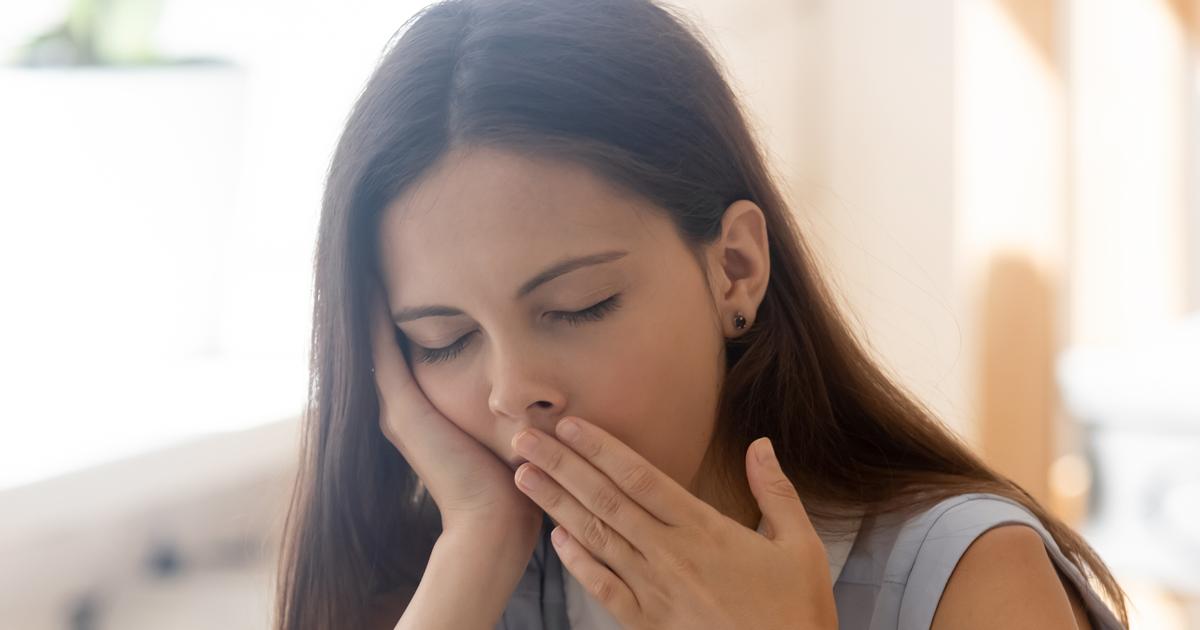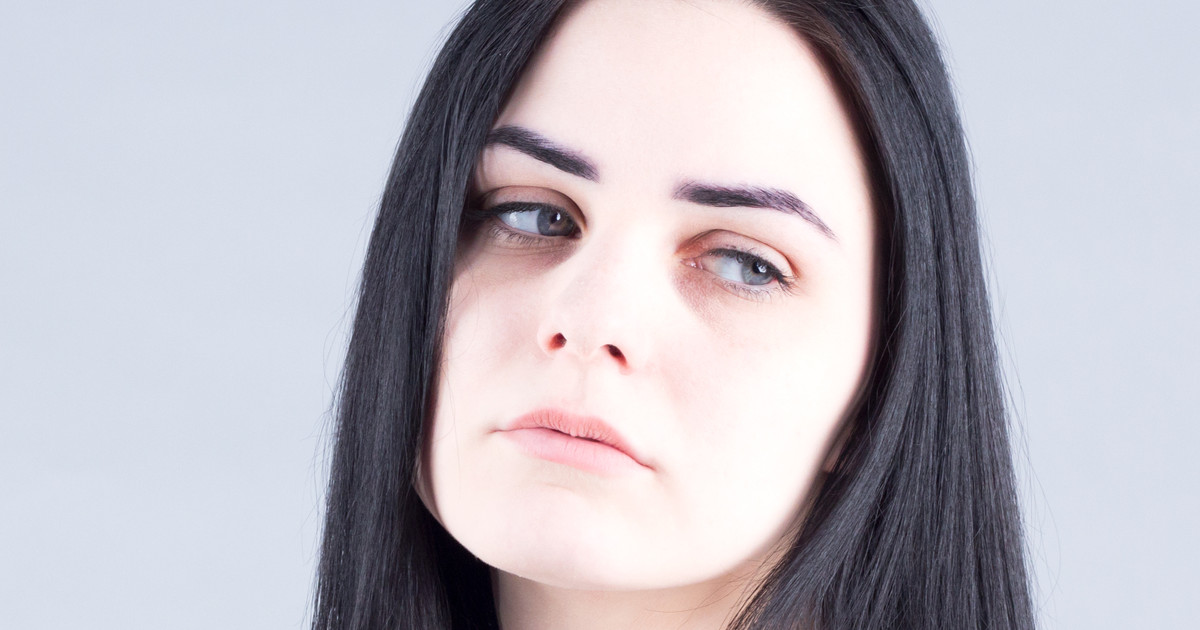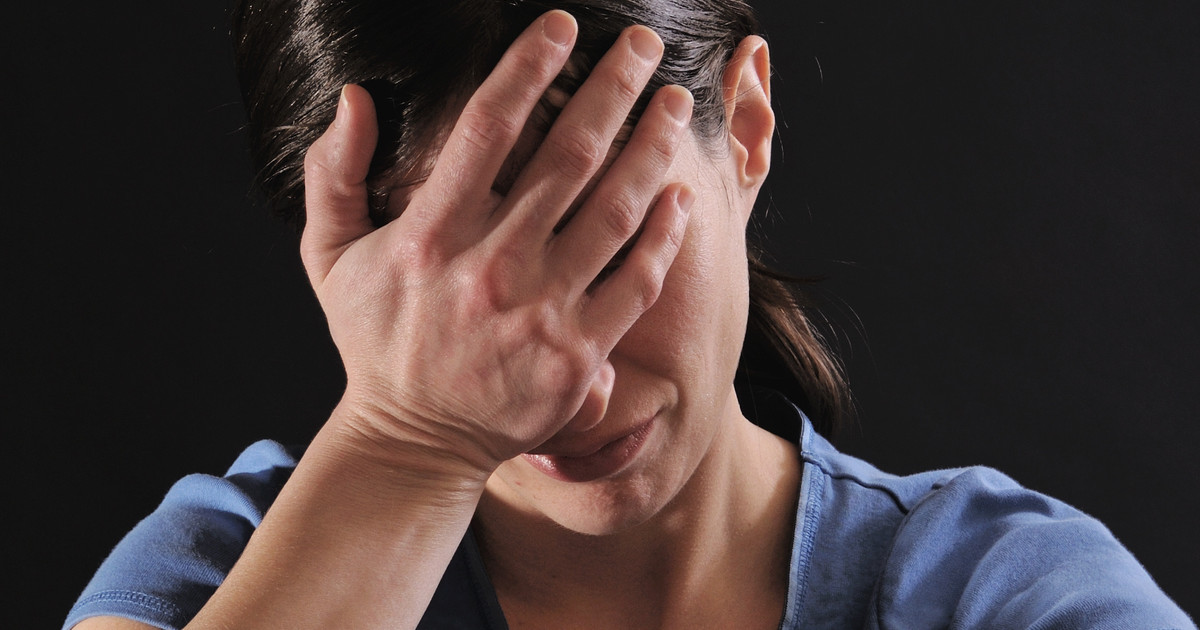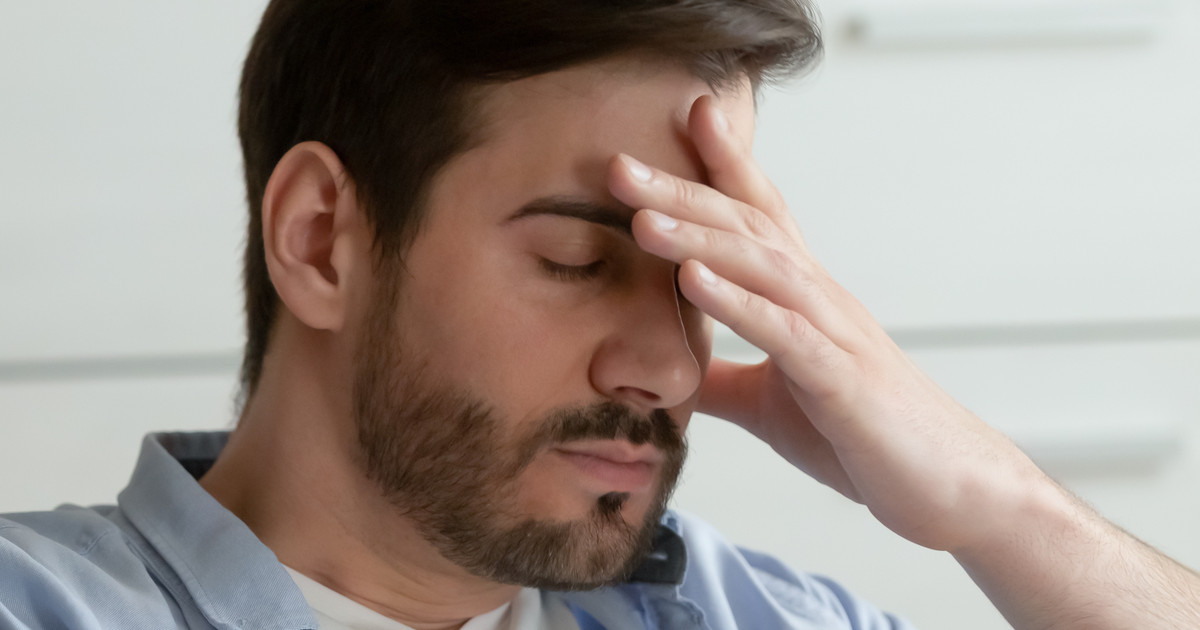Warning Signs Of Sleep Deprivation
Sleep deprivation is defined as a failure to obtain sufficient total sleep. Sleep deprivation has a cumulative effect, and individuals vary in how little sleep it takes to feel sleep-deprived. For example, one person may feel sleep-deprived after six hours of sleep, and another may only feel sleep-deprived after two or three hours of sleep. Sleep deprivation is associated with increased risks for obesity, type II diabetes, high blood pressure, and cardiovascular disease. Insufficient sleep weakens the immune system, and sleep-deprived patients do not respond as well to vaccines as individuals who have had enough sleep. Sleep deprivation is also associated with kidney disease, stroke, and increased signs of skin aging.
Thankfully, there are remedies for sleep deprivation. Some patients may need to take medication for sleep deprivation. This can be short-term sleep aids or medication for an underlying condition that is negatively influencing their sleep. There are also natural remedies for sleep deprivation, such as yoga and mindfulness for stress. However, the best sleep deprivation treatment starts with an understanding of the symptoms.
Yawning And Fatigue

Yawning and fatigue are both signs of insufficient sleep. They can occur after even just one night of poor sleep. For example, patients might find themselves yawning on their commute to work or at the office the next day, and they may yawn more frequently as the day progresses. Fatigue can make patients feel groggy, and it is often difficult for patients to stay awake throughout work. After a night of poor sleep, it is common for individuals to feel like they need to nap during the day to catch up on sleep.
Both yawning and fatigue increase with each successive night of poor sleep, and fatigue is known to impair coordination. This could increase a patient's risk for motor vehicle accidents, trips, and falls. Patients who experience fatigue that is not relieved by a few nights of sufficient sleep should see a doctor to check for underlying health issues. While fatigued, patients may want to use public transportation. It could also help to avoid operating heavy machinery during this time.
Uncover more indicators of sleep deprivation now.
Forgetfulness

Sleep deprivation negatively impacts the brain, and this typically manifests as forgetfulness. Short-term, long-term, and working memory are all affected. Sufficient sleep enables the brain to form connections that help the patient with information processing and retention. Sleep deprivation disturbs this process, and patients may struggle with routine tasks as a result. For example, they can forget where they put their keys, have difficulty recalling words and completing sentences, or accidentally omit an ingredient from a recipe.
Studies have shown that individuals dealing with sleep deprivation have to put in much more effort than others to complete basic verbal reasoning tasks. Forgetfulness associated with sleep deprivation usually improves if the patient starts to get sufficient sleep consistently. Patients who regularly struggle with forgetfulness even with sufficient sleep should have a neurologist evaluate their memory.
Continue reading to learn more about the warning signs of sleep deprivation now.
Moodiness

Patients who experience sleep deprivation for a few nights often display moodiness. They may be irritable and could overreact or become quick-tempered. In addition, they may be more troubled than usual by stressful situations, and they may have a lower threshold for what they define as stressful. Research indicates sleep-deprived individuals tend to report increases in negative moods such as anger, frustration, and sadness. It also shows that these individuals will experience a decrease in positive feelings.
Chronic sleep deprivation, which can occur over weeks, months, or years, elevates an individual's risk of developing clinical depression, anxiety disorders, and other mental health conditions. Patients who experience moodiness after a night or two of insufficient sleep should try to take a nap if possible. They may find that their mood returns to normal once they can catch up on sleep. Individuals who are chronically sleep-deprived may need help from sleep specialists and mental health professionals to improve their sleep quality and treat their anxiety or depression.
Read more about the symptoms of sleep deprivation now.
Lack Of Motivation

Lack of motivation is a frequent symptom of chronic sleep deprivation. Individuals may feel overwhelmed by even the simplest tasks at home or work, and they could feel unable to start a task at all. This lack of motivation may progress to chronic procrastination, and patients could have poor work or school performance. Patients may not be able to focus on their goals. In addition, it may even seem impossible to define their goals.
Lack of motivation is often seen in depressed patients. Sleep-deprived individuals who display this symptom or who have depression may also be more likely to engage in risk-taking, dangerous behavior in the long term. They are significantly more likely to experience suicidal thoughts. Individuals who struggle with motivation over a prolonged period may want to keep a journal to document their struggles. It could also help to see a sleep specialist. Motivation may improve with sufficient sleep.
Uncover more details on the warning signs of sleep deprivation now.
Inability To Concentrate

Sleep deprivation is strongly linked to an inability to concentrate. The effects of sleep deprivation on an individual's short-term memory make it hard for them to organize things, make plans, and develop creative solutions to problems. Studies show that sleep-deprived patients have shorter attention spans than those who are not sleep-deprived. Work evaluations, school grades, relationships, and family life could all suffer due to an inability to concentrate. Patients who notice this symptom regularly may want to consider having a sleep study. For most individuals, concentration issues caused by a few nights of sleep deprivation will improve once they are well-rested.
Reveal more signs of sleep deprivation now.
Increased Stress

Sleep and stress share an incredibly close link. It is worth noting that increased stress can trigger insomnia and, as a result, sleep deprivation. However, the opposite can also be true. This means that sleep deprivation also carries increased stress as a symptom. There are a few reasons for this. One reason is that with a lack of sleep, the individual's body is not as efficient at fighting off illness and other health issues. This can mean that it will prioritize serious problems, leaving individuals more vulnerable to stress. In addition, individuals can also be stressed about the fact that they are not getting enough sleep, causing a vicious cycle to occur.
Get more information on symptoms linked to sleep deprivation now.
Dark Circles Under The Eyes

A physical symptom linked to sleep deprivation is the presence of dark circles under the eyes. This can be the result of acute or chronic sleep deprivation. Acute deprivation, it is worth noting, can be as simple as not sleeping well one night or staying up a few hours too late the night before. Over time, a lack of sleep makes the skin pale and dull. This can cause dark tissues and blood vessels under the skin to show under an individual's eyes. In addition, a lack of sleep can cause puffy eyes due to a buildup of fluid. Thus, the dark circles under the eyes can also be shadows from puffy eyelids.
Continue reading to learn about more warning signs of sleep deprivation now.
Poor Decision-Making

Sleep deprivation causes individuals to be less alert, and patients often develop impairments in judgment and reasoning skills. Decision-making becomes challenging, and patients are easily confused. They are less able to assess the risk associated with certain situations correctly and may make poor choices as a result. In fact, a research study from 2001 indicated that individuals dealing with sleep deprivation had a high expectation of gains. Thus, they were more likely to take a risk if there was the potential for a high payoff. The potential for loss and what those consequences would be may not even register.
Sleep deprivation also increases the likelihood of poor food choices as well as decreased memory retention. The decrease in memory retention may mean that crucial pieces of information for future decisions are now gone, which is another risk factor for poor decision-making.
Discover more symptoms associated with sleep deprivation now.
Depression

As mentioned, individuals who are sleep deprived will often experience moodiness as a symptom. Moodiness, of course, includes irritability as well as anxiety and sadness. These feelings are common when it is acute sleep deprivation. However, chronic sleep deprivation has a strong association with poor mental health, and one of the major symptoms here is depression. Depression is a mental health condition with a significant negative effect on an individual's mood. It causes a loss of interest in activities the patient once enjoyed as well as persistent sadness.
Patients with depression often require therapy as a treatment. Medication may also be considered. It is worth noting, though, that a lack of sleep can appear as a symptom of depression as well. The strong link between chronic sleep deprivation and depression is why individuals with depression must ensure that they get enough sleep at night. This can help relieve some symptoms.
Reveal additional signs of sleep deprivation now.
Headaches

A major warning sign of sleep deprivation is the frequent occurrence of headaches. In fact, many studies have connected two types of headaches with a lack of sleep as one of their causes. These types of headaches are tension headaches and migraines. Migraines involve pain on one side of the head, light and sound sensitivity, pain that lasts from hours to days, and nausea and vomiting. The pain of migraines can be debilitating. Tension headaches include pain around the back, sides, and top of the head, though this pain tends to be mild or moderate. In addition, light and sound do not worsen tension headache pain.
The studies conducted on sleep deprivation and headaches have evidence that shows patients who are not sleeping enough are more sensitive to pain. Some of the evidence is connected to rapid eye movement (REM) sleep. In this case, researchers claim that a lack of rapid eye movement (REM) sleep leads to increased pain in headaches.